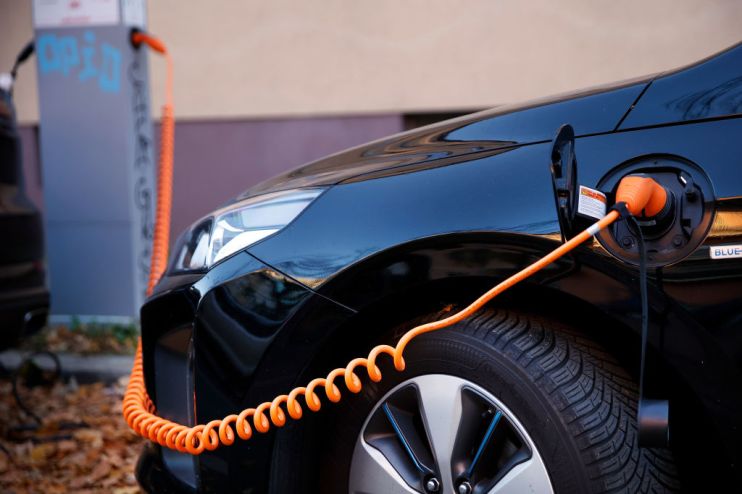It’s about time for Rishi Sunak to make his mind up on road tax for electric vehicles

Britain is firmly on the front foot towards a transition to electric vehicles. Last week, as he unveiled a new design for charging stations, Transport Secretary Grant Shapps said he hoped they would become as iconic as the black cab.
The government’s newly announced zero emissions vehicle (ZEV) mandate will set electric vehicle sales targets on car makers over the next 15 years. As manufacturers compete to meet these targets, it will push down the cost of new cars and accelerate the second hand market of electric vehicles. As those on lower incomes are most likely to buy used cars this will have a big social benefit, as electric cars have lower running and maintenance costs than petrol and diesel models.
This mandate will also give certainty to businesses. Backing for electric vehicles and a clear trajectory for uptake allows the car industry to double down on the market and attract inward investment for manufacturers specialising in clean vehicles and batteries.
The global market for battery-powered electric cars is expected to grow significantly, so the UK’s automotive sector has the chance to beat the competition and create more jobs in the new incarnation of this long standing British industry. The market at home is growing fast as more and more businesses turn their fleets electric and ride-sharing apps start to offer electric-only transport.
Although the transition to electric in the car industry is now clear, what will happen to road tax is less obvious.
As we move away from polluting vehicles, the amount of money the Treasury will take in fuel duty revenues will gradually decrease. According to its own estimates, the Exchequer will lose around £30bn a year by the 2040s.
Chancellor Rishi Sunak was completely silent on the matter in the recent budget. He might, rightly, think that establishing an alternative road tax system will not be easy. Yet the Treasury can’t afford to put these decisions off for much longer. Revenues will steadily drop as electric cars become cheaper to buy, making fuel duty increasingly outdated. But sudden changes to the tax system risk being poorly designed, landing badly with voters or discouraging people from buying electric.
The conversation about the future of the road and vehicle taxation needs to happen now.
Many have pointed to road pricing as the logical alternative to fuel duty, as with it also comes the chance to address congestion and air pollution. In theory, the public supports road pricing, according to separate polls from the Social Market Foundation and Green Alliance. How it is designed, however, will ultimately be the deciding factor in acceptability.
Our research suggests that engaging people will be vital to build support for changes. In the UK, fuel duty has been frozen for 11 years, as the government has shied away from increasing costs for drivers. A new storm could easily be stirred up around future proposals to tax electric vehicle drivers, if the government doesn’t properly communicate and prioritise fairness in whichever system is chosen.
In September, battery electric cars already accounted for 15 per cent of the auto market. The government has been bold in accelerating the electric vehicle transition. The question now is whether the Treasury is brave enough to kickstart the conversation about taxation.
